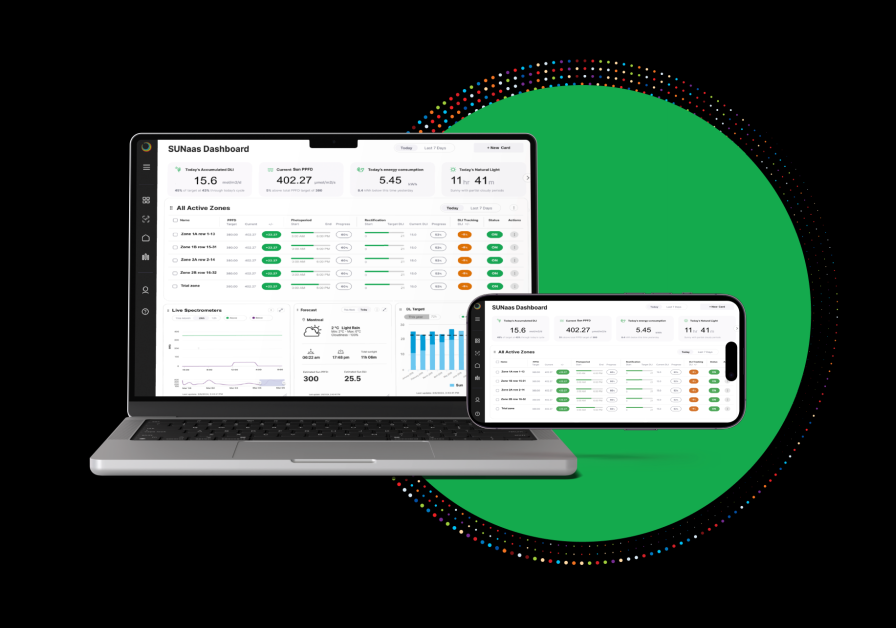Don’t Worry, Be Happy
Have you ever had the feeling you were sitting on a gold mine but no one wanted gold?
Or that you had a $1 million home but no one could afford to buy it from you? Or that you owned a business but no one wanted to invest in it? Or that you stockpiled fuel at $4.00 a gallon and now it could be purchased for $2.50?
If only we knew what was going to happen next year, our decisions would be simple, and we would always choose the right course of action. We must realize everything changes, and we must be prepared for change.
Today, you can get a rate of 5-5.25 percent on a home mortgage. When I got my first home loan 40 years ago, the rate was 6.75 percent. However, there were times over the years when you couldn’t get a mortgage loan for less than 12 to 15 percent.
Since no one can predict what will happen, it is important to be smart. Take the best information you have and do a lot of talking with other people – not only your friends in the business, but also legal experts, accountants and people from other types of businesses. You have to decide if you will stay with your core business or if you need to make changes to stay viable.
Considerations
Here are five major points to consider:
1. Technology. Evaluate how all the new technology that is available can help your business and how you can capitalize on it. If you aren’t flexible and willing to change, you may end up like Eastman Kodak. His company fought the film versus digital battle and tried to stay in the print-only business. But Kodak lost a tremendous amount of money before recognizing it had to make the move into the digital world in addition to print.
2. Financials. Remember sound financial management is a must. Employ a great accountant and make certain any decisions you make are financially sound. Today, it is important to be liquid, to have cash available.
If you have to borrow money, it will be difficult. The lines of credit given by banks today are lower than they were two years ago. The businesses that will survive are the ones that are solvent. Those carrying a large amount of debt will have a hard time.
3. Core business. Know your core business. What are your strengths? What are your weaknesses? Who are your customers? How can you best serve them and attract new ones? If you want to change the focus of your business, do it slowly and make sure you have the expertise and experience to succeed with this new direction.
4. Think ahead. Recognize that you can’t do today’s job with yesterday’s methods and still be in business tomorrow. The use and meaning of the word “organic” has to be well defined. We must have sufficient data to prove that there is a significant difference between organic products and those grown under general production practices.
The term “organic” should not be used as a marketing tool just for the purpose of increasing sales. Our industry grew plants organically from 1900 to the 1930s with very low yields and a great deal of insect and disease damage. Many people went out of business using this method.
While the methods for organic production may have improved over the years, we still need to have data to show that the product is equal to or better than that grown using today’s best-practices method. I hope researchers will be able to prove the “organic” product is of higher quality and better for the public.
I’ll always remember what my father told me about playing poker. If you look around the table and don’t see a patsy, you are the patsy. Be smart. Know the players and what they can and will do. If they bluff too often, they will lose.
When you grow plants, there is little room to bluff, so you had better grow them just right and make certain you are providing the best quality and value. That is how you win!
5. Balance. Strive for balance in your business and your life. My gardener had a friend who had his own trucking business. He and his wife both worked every day to keep the business going. They had little capital, but they had two trucks. He was 44 years old, and they had three children, ages 10, 12 and 16.
In late April this year, he was found dead in his truck by the loading dock where he was to deliver a shipment. He died of a heart attack attributed to the stress involved with his business.
I know many people in our business who work so hard and long they don’t know how not to worry, especially in April, May and June.
Don’t Worry
Recently, I asked one of my grower friends if he would be able to go to a casino with me. He said he didn’t gamble. I smiled and asked, “Then why do you have 10 acres of plants that may or may not be sold this spring?”
He smiled and replied that he wouldn’t go gambling because I don’t gamble as much in one year’s time as he does every day.
Later, he told me not to worry. “I know what I’m doing,” he said. “I know what the odds are and I know I can win 80 to 90 percent of the time. Those are better odds than you can get at the casino.”
He taught me that business is a gamble. You have to have the right product, the right people to produce it and the right people to transport and sell it. If you don’t have all the pieces of the puzzle, business is a big gamble and the odds are you will fail. Put them all together and you will win.
Be Happy!
There is an old story about three bricklayers who were building a church. A newspaper reporter interviewed each of them and asked what they were doing.
The first bricklayer said, “I am laying bricks. I can lay 100 bricks every hour and that is what I do.”
The second bricklayer said, “I am laying bricks for a wall of this church, and it will be the finest wall in the building.”
Finally, the third bricklayer was interviewed. He said, “I am laying bricks for a cathedral that will be here for 1,000 years. Thousands of people will come here to find peace and joy. My work will provide them with solace here on earth.”
Three bricklayers, doing the same job, all with a purpose in their work. The third bricklayer was obviously the happiest with his work.
We can translate the type of bricklayer in the story to greenhouse growers. Do you just grow plants? Do you grow plants and sell them to customers? Do you grow plants with a vision of helping people not only by adding beauty to their lives, but also by providing peace, hope and joy?
Please be happy with the great good you provide people and know that your good work and long hours are well received and appreciated by the customers who buy and use your product.
Look at the big picture. You are an important part of it!









